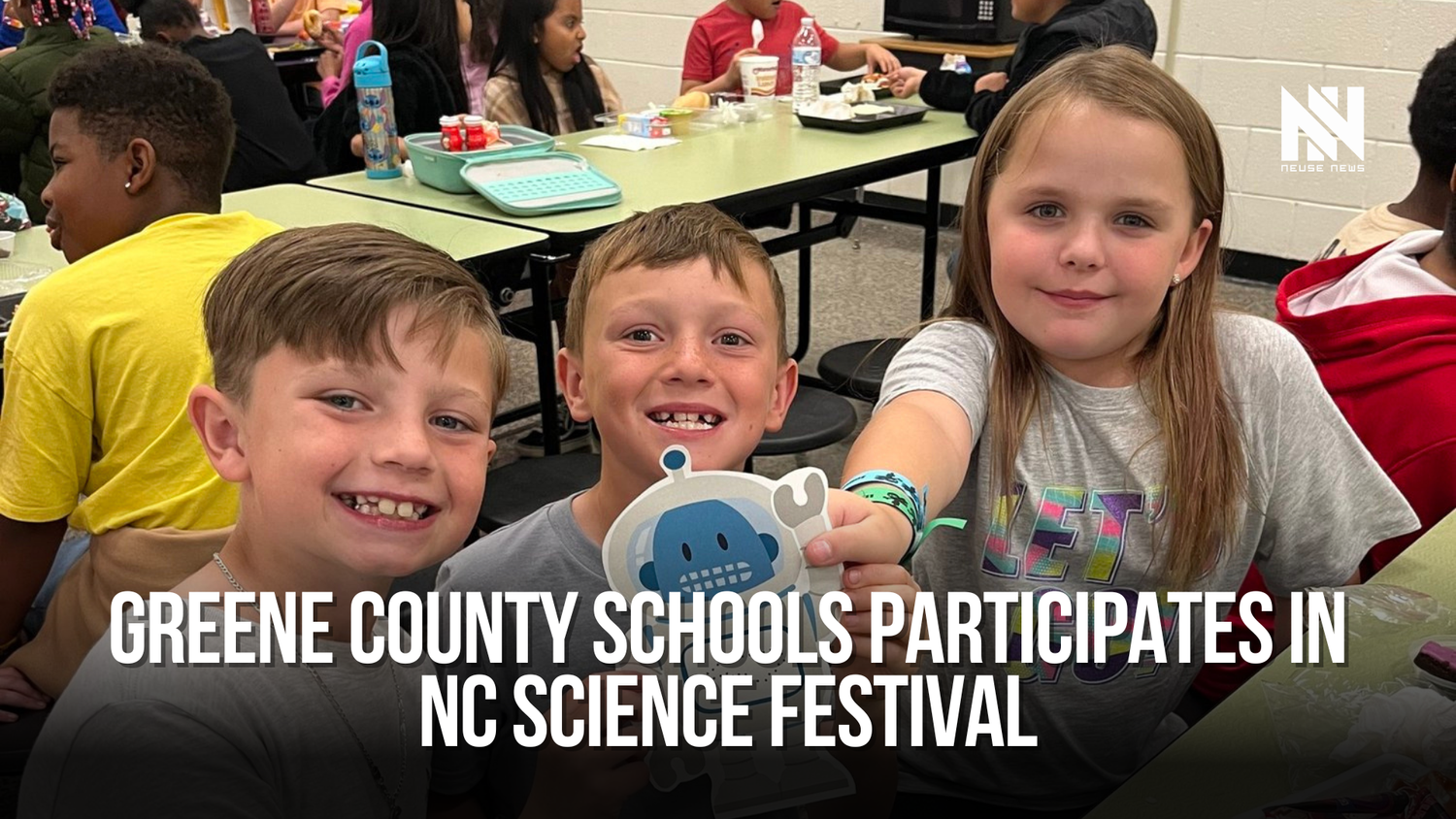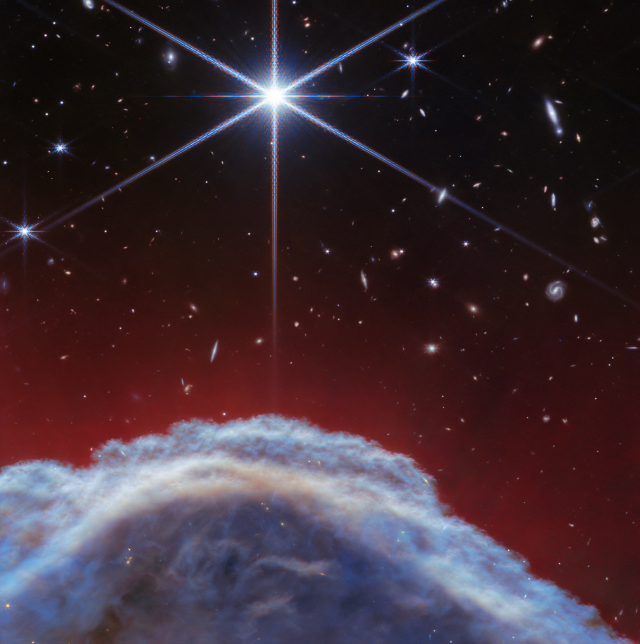The Science 2.0 movement led to a surge in scientific blogging and user-generated content, gaining widespread popularity and influence. This trend was further supported by corporate media contracts for scientists and outlets like the BBC exploring new ways of publishing content created by users. However, as the blogging movement faded, social media emerged as a dominant platform for sharing information, though it did not contribute significantly to knowledge creation and scientific peer review.
With the rise of pay-to-publish journals claiming to be peer-reviewed, scientists became inundated with content, making it challenging to filter through and distinguish credible sources. A new book suggests that scholarly podcasting could be the next big thing in knowledge dissemination.
While podcasting has been around for a while, its potential to revolutionize scholarly communication and expert knowledge creation is being increasingly recognized. The impact of podcasting on scholarly work remains to be seen. While popular figures like Joe Rogan and the Manning brothers have demonstrated the power of podcasts, there are potential limitations to consider.
Current search engines may need to adapt to index audio content, and establishing authority in the audio format may prove challenging. Additionally, podcasting requires listeners to slow down their thought processes to match the speaker’s pace, which could be frustrating for those used to reading scientific papers.
As technology advances, the possibilities for AI-generated content and new modes of knowledge creation are expanding. Developing innovative methods to separate sound science from an overwhelming amount of information will be crucial moving forward.
The future of scholarly work is uncertain, but with the potential of AI-generated content and evolving communication methods, the landscape of scientific research and publication may undergo significant transformations.


